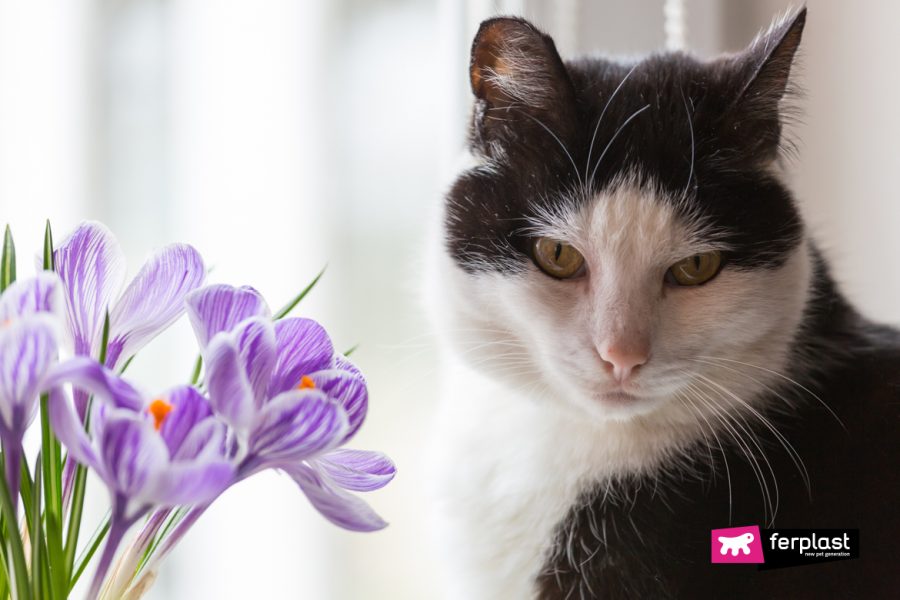Cats are wary by nature, but they are also curious explorers of the world. Therefore it is important to pay attention to flowers and plants we keep in our gardens, making sure that they are not poisonous to our feline friends.
Why do cats eat plants and flowers?
Like all animals, cats love to discover the world around them. Sometimes, in order to purify their bodies and acquire vitamins, we find them nibbling on the flowers and plants growing in our gardens. They look for plants to eat also because they swallow large quantities of fur and eating certain plants helps them to expel this hairball.
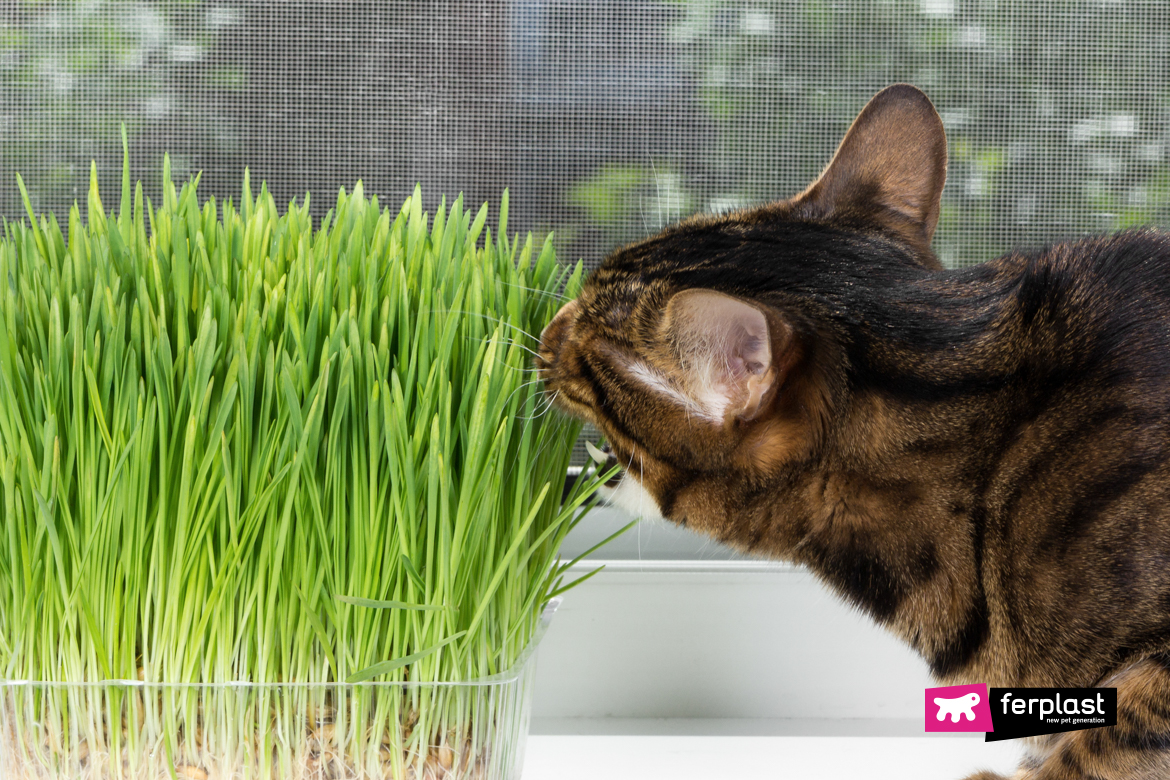
However, not all herbaceous species are good for cats. Whilst catnip merely has an exciting and purifying effect on cats, there are other types of flowers and plants that are more harmful and can have serious repercussions for the health of our pets.
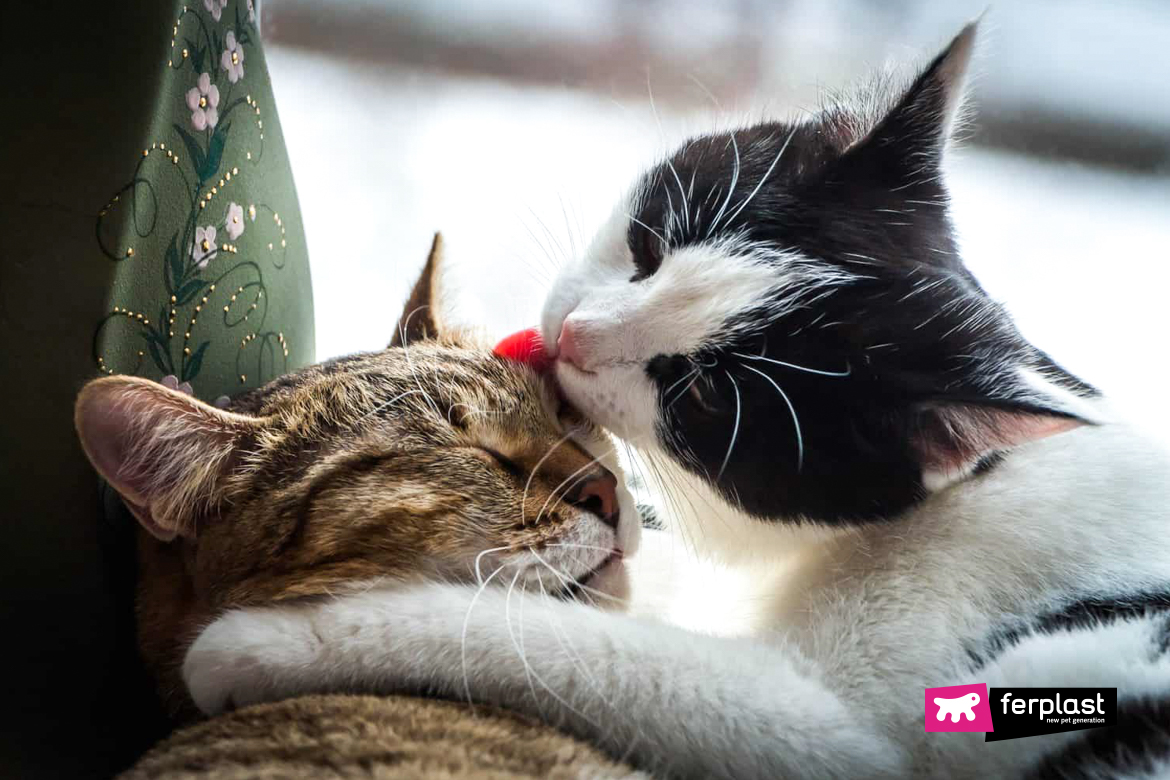
However, to prevent your cat from ingesting too much hair, it is best to brush them daily with a slicker brush, suitable for cat’s coat care.
Plants and flowers that poison cats
There are many plants and flowers that are poisonous to cats, especially in spring. Most of them are colourful, such as poppies, hydrangeas and cyclamen. As a matter of fact, it’s the colour that makes these plants and flowers so attractive to cats. Unlike wild cats, domestic ones, especially when they are kittens, cannot distinguish between good and harmful plants and tend to bite and swallow them. In the best-case scenario, they will suffer from simple poisoning.
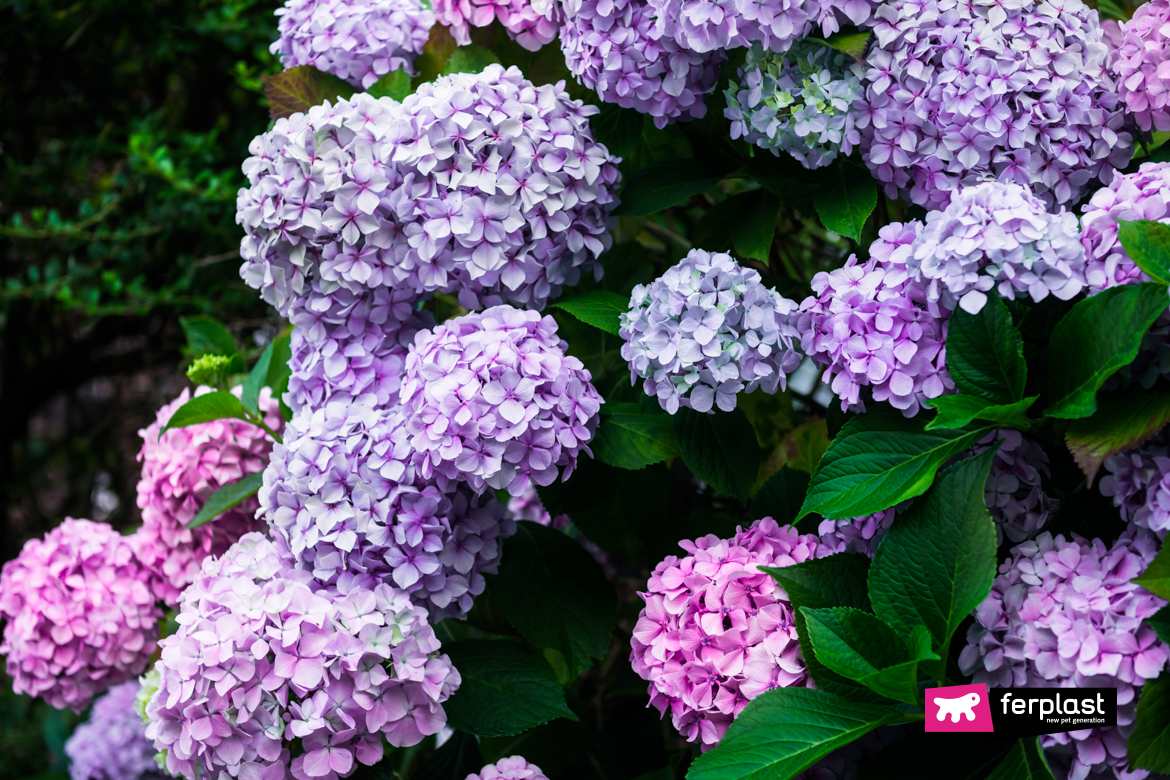
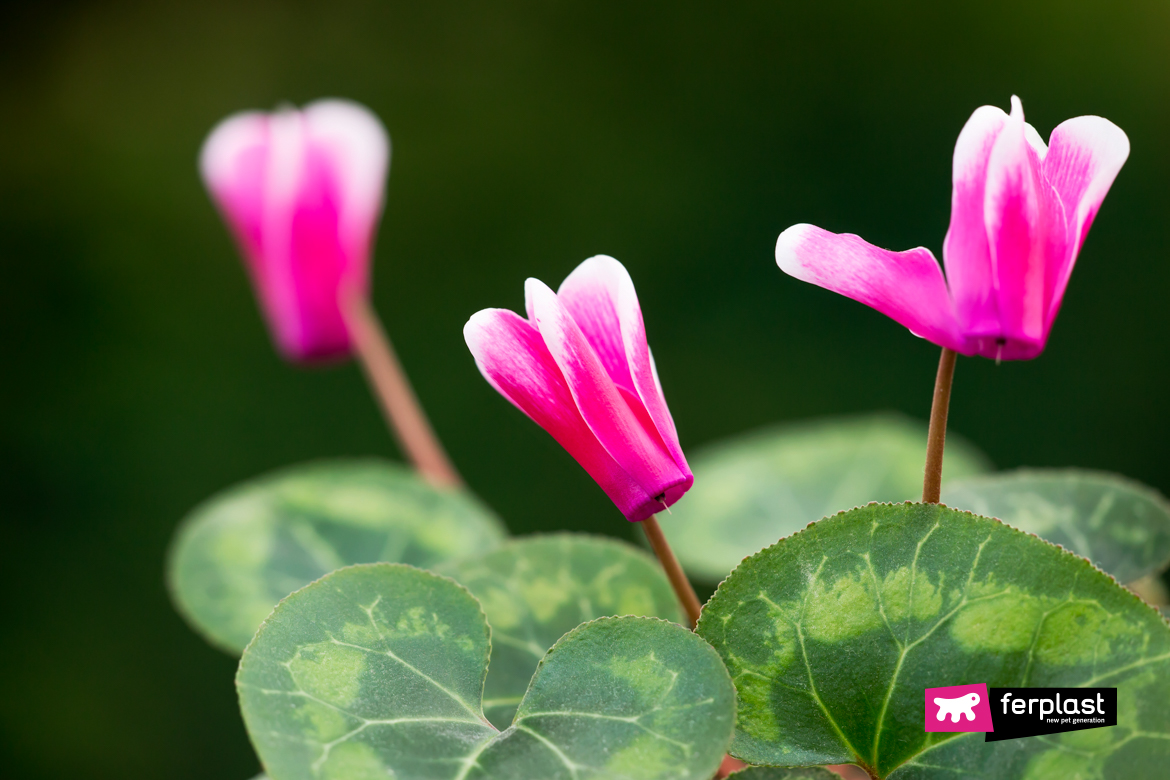
Poisonous bulbous plants and flowers
Bulbous plants are among the flowers and plants that should be avoided if you have a cat. Despite the beauty of lilies, tulips and narcissus, these flowers are among the most poisonous and should be avoided.
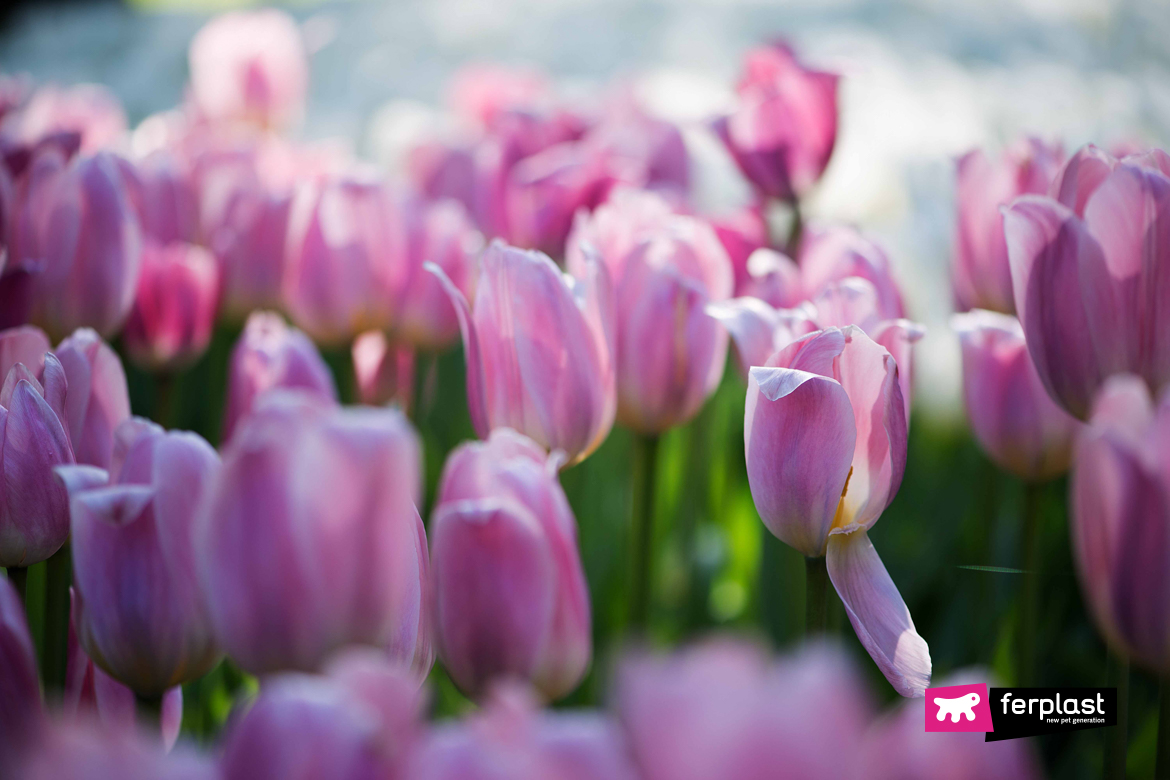
Apparently harmless poisonous plants and flowers
Even the most innocent-looking plants can be a threat to cats. Lily of the valley and jasmine, in fact, are extremely dangerous if ingested, despite their pleasant scent.
Poisonous ornamental plants
Between the most common ornamental plants on our terraces, ivy is the most dangerous for cats. With its highly poisonous black berries it is harmful not only to cats, but also to humans. The fruits and seeds of the wisteria are also toxic, although its trees are of rare beauty.
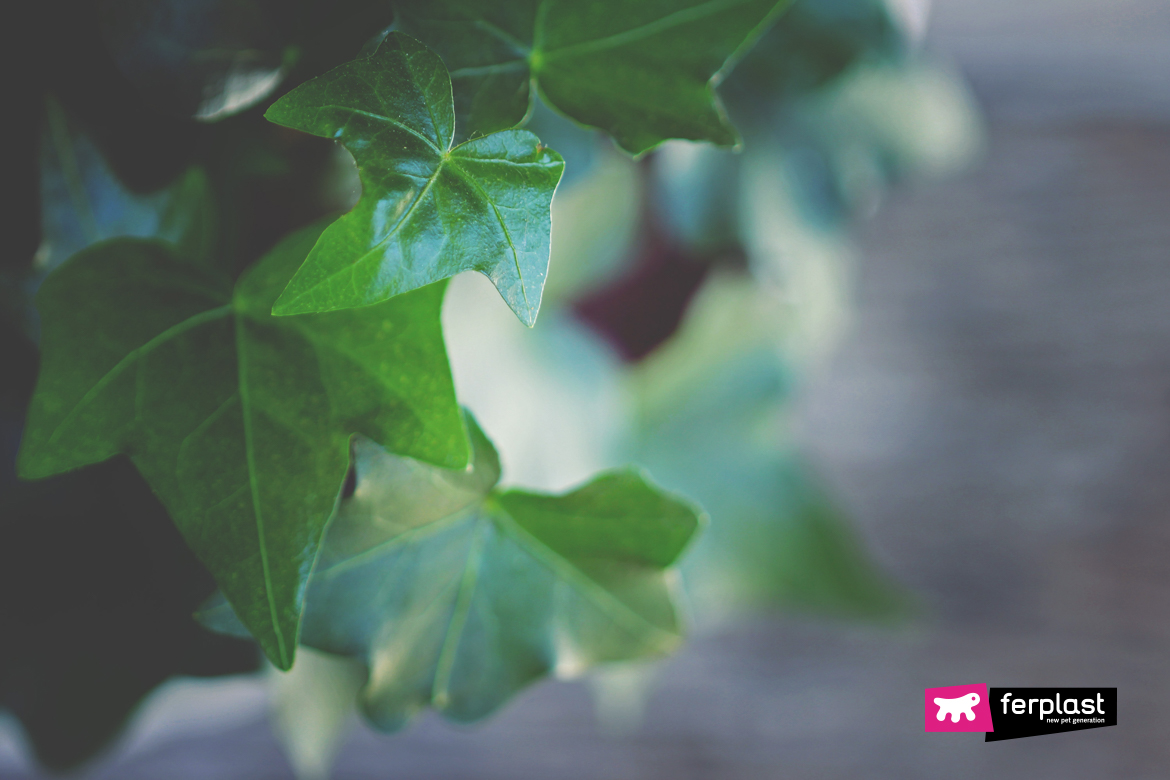
Recognizing the symptoms of poisoning in cats
It is the duty of every cat owner to ensure that their cat lives safely. However, it is not possible to keep a constant eye on them, as they like to roam alone outside the home. It is therefore useful to be able to recognize the symptoms of poisoning. These are: intestinal and respiratory problems, stiffness and spasms. If your cat presents any of these symptoms, don’t waste time, contact your vet as soon as possible and have him examined.
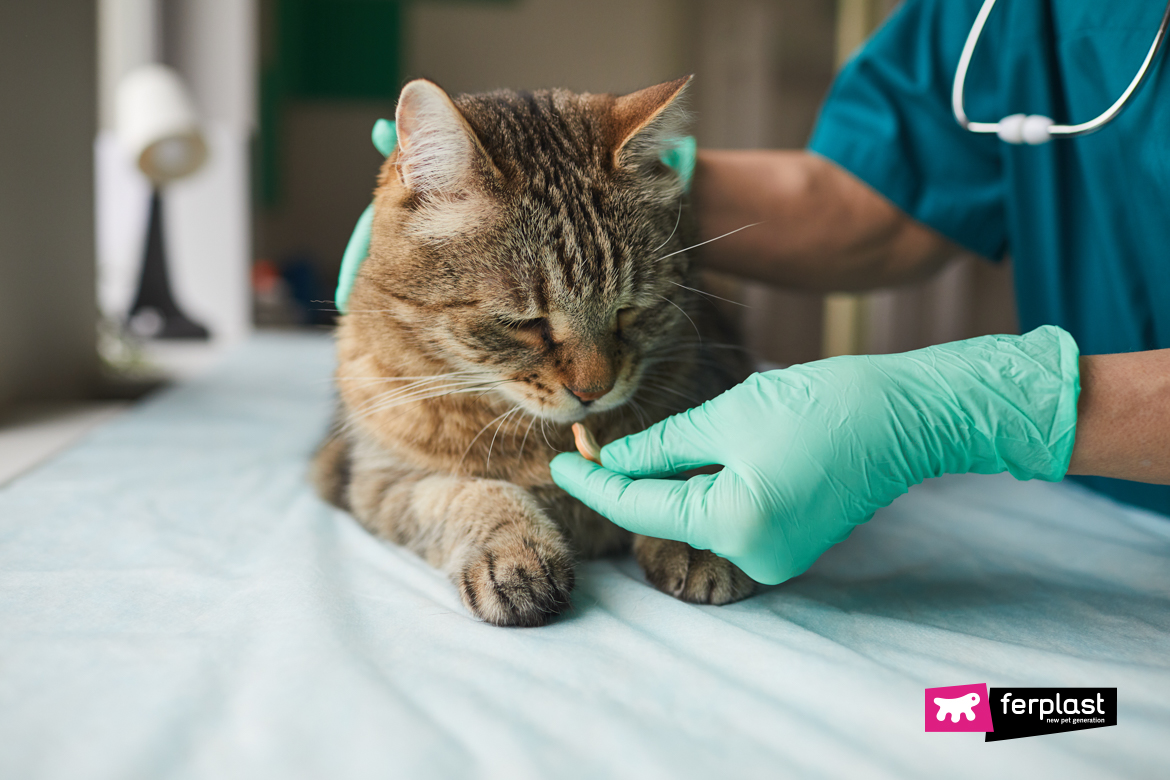
Before planting the flowers that will brighten up your garden in spring and summer, remember to take care of your pets as well, so that they do not run into unnecessary and easily avoidable risks.

